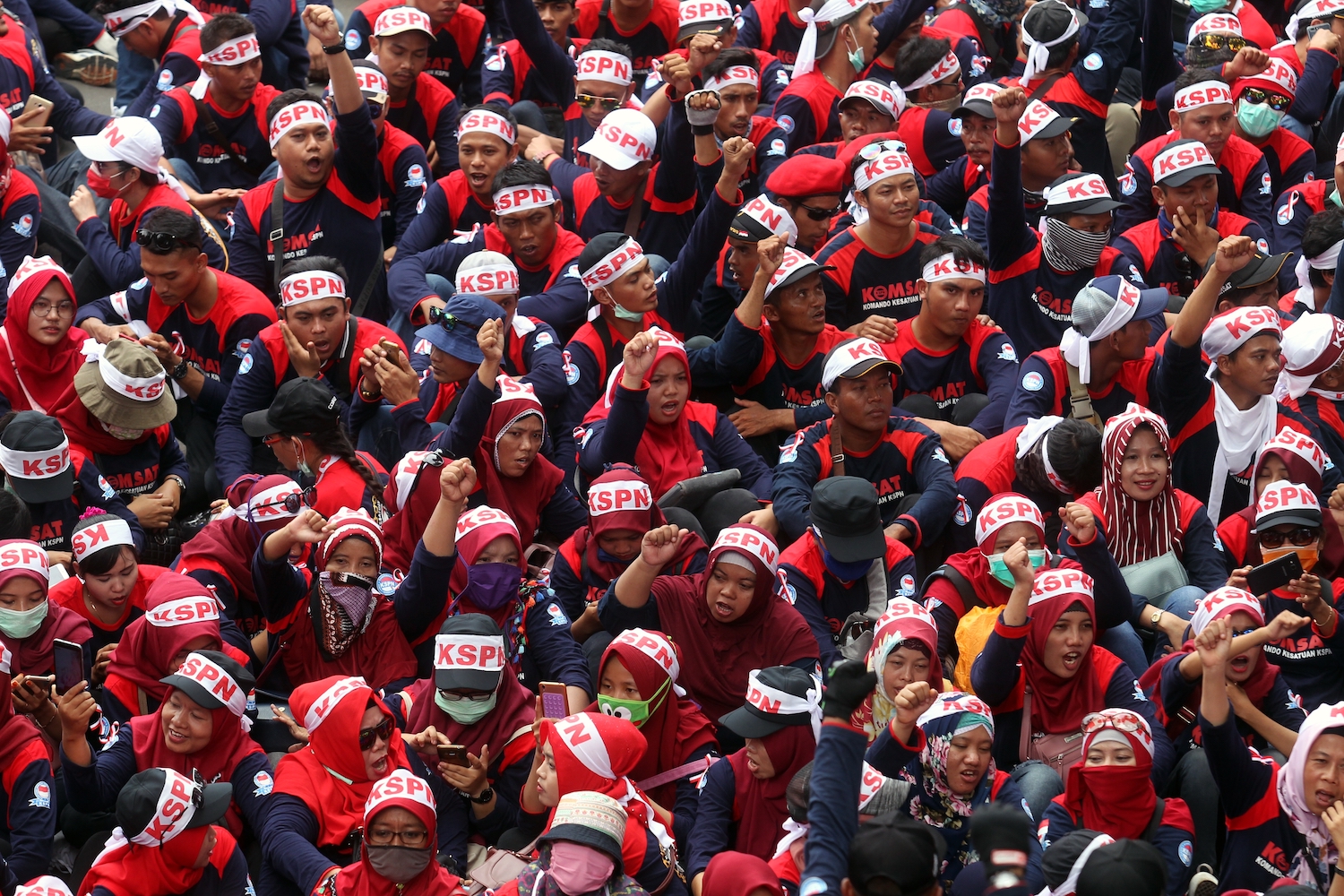ImpactAlpha, Apr. 12 – Perhaps it’s the urgency of the climate crisis. Or the relative simplicity of counting tons of carbon or gallons of water.
ESG investors have long paid far more attention to the ‘E,’ for environmental, and even the ‘G’ for governance, than the ‘S,’ for social.
They may be missing important signals for financial performance, not to mention social equity and human rights.
The Toronto-based analytics firm The S Factor Co. says a quantitative analysis has demonstrated the correlation between performance across more than a thousand social indicators and market results. Real-time monitoring of safety violations, permit applications, lawsuits, news reports and other data points produce actionable signals months before the market reacts, the company says.
“There’s no excuses for saying that social is soft and immaterial and unquantifiable,” S Factor’s Bonnie-Lyn de Bartok told ImpactAlpha. “We’ve just proven that we can outperform the market with the most responsible companies on the planet.”
Regulators are increasingly recognizing the materiality of so-called human capital factors. The U.S. Securities and Exchange Commission is preparing revised rules for corporate disclosure of data on diversity, pay equity and investments in employees.
“We view human capital, not just as a cost to be managed, but as an important asset for firms,” said Cambria Allen Ratzlaff of the $65 billion UAW Retiree Medical Benefits Trust and co-chair of the Human Capital Management Coalition, representing three dozen institutional investors.
On ImpactAlpha’s Agents of Impact Call in February, Ratzlaff said, “It’s really important that we’re able to understand, evaluate and then make decisions with respect to how we allocate our capital and vote proxies.”
S Factor aims to help such investors, as well as long-only and long-short fund managers. In the same way that climate-risk firms now overlay real estate maps with weather data to forecast the risks of floods, droughts and sea-level changes, de Bartok says social factors can forecast risks that are just as significant.
“The social pattern – labor issues, community issues, geopolitical issues, new modern slavery acts being imposed, forced-labor practices – those things are as predictable for supply chains and business operations as weather patterns,” she said.
De Bartok enlisted Quant Pioneers’ Herbert Blank and the Toronto-based artificial intelligence company Boosted.AI to validate a set of experiments using S Factor’s data. The study found that S-Factor’s index of top-scoring companies outperformed MSCI’s ACWI global equity index by nearly 50% over the last seven years.
“In terms of the alpha in the financial data, the bottom line is, it’s fantastic,” Blank said of the method’s ability to distinguish between future winners and losers. “That kind of separation, that kind of significance level, and those kinds of ICs (information coefficients) are very seldom seen out of financial data.”











